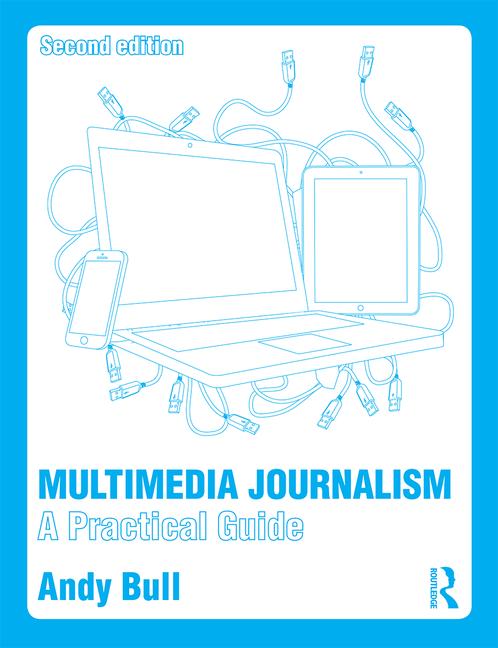They also express frustration with having to watch programmes when they are scheduled, commercial breaks, and the inability to rewind. One in three respondents got round this by watching TV programmes on something other than a trad TV set.
Quoted in The Guardian, David Wolf of Accenture, which conducted the survey, said television was rapidly shifting from its origins as a "clearly identifiable stand-alone medium".
"People are experiencing new consumption opportunities and moving away from traditional, linear programming," he said. "Today's youth are more dissatisfied with the traditional television experience and increasingly excited by the availability of new choices."
Just as with other media - from music to newspapers - content, and the kings of content, are the new masters.


